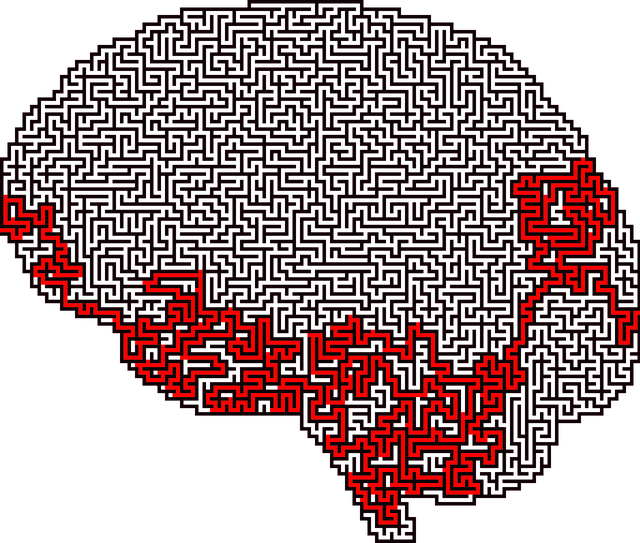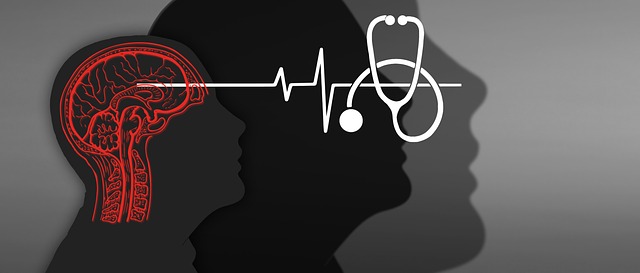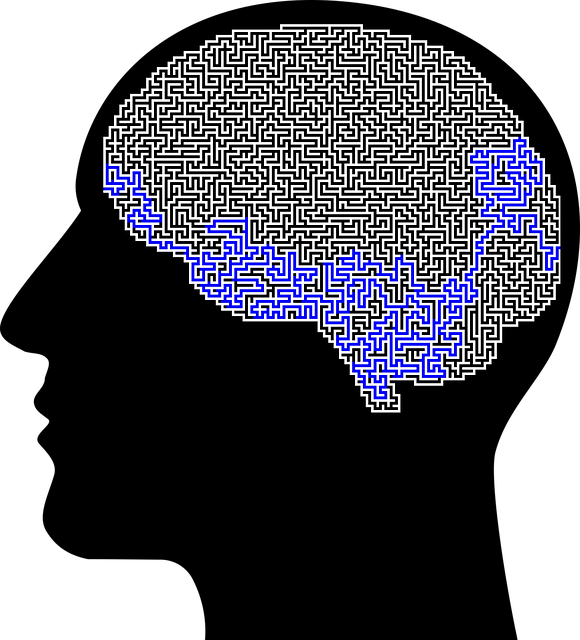Broomfield Eating Disorders Therapy provides personalized grief counseling, recognizing that loss affects everyone uniquely. They offer a supportive environment using open dialogue and journaling to help clients process emotions honestly. Their holistic approach integrates cognitive-behavioral therapy and mindfulness for mental wellness, addressing both psychological bereavement and potential eating disorders. By raising awareness and promoting culturally sensitive practices, Broomfield Eating Disorders Therapy equips individuals with tools to manage complex emotions, fostering resilience and reducing mental illness stigma.
Loss, grief, and bereavement counseling are essential components of healing after a significant loss. This article explores these sensitive topics with a focus on understanding the unique experiences of each, offering a supportive approach for those in need. We delve into the role of counseling as a powerful tool for navigating difficult times, highlighting Broomfield Eating Disorders Therapy’s integrated support for emotional well-being. By understanding loss and grief, we can find pathways to healing and resilience.
- Understanding Loss, Grief, and Bereavement: A Sensitive Approach
- The Role of Counseling in Navigating Difficult Times
- Broomfield Eating Disorders Therapy: Integrating Support for Emotional Well-being
Understanding Loss, Grief, and Bereavement: A Sensitive Approach

Understanding loss, grief, and bereavement is a delicate process that requires empathy and sensitivity. At Broomfield Eating Disorders Therapy, we recognize that each individual’s experience with loss is unique, shaped by personal history, cultural background, and coping mechanisms. Loss can manifest in various forms—from the passing of a loved one to dealing with mental illness or even a significant life change.
Our counseling approach focuses on providing a safe space for individuals to navigate their emotions without judgment. We encourage clients to express their feelings openly through effective communication and sometimes, guided journaling exercises that promote positive thinking and reflection. By fostering mental wellness, we aim to support our clients in healing from loss, reducing the stigma associated with grief, and ultimately, helping them find strength and resilience in the midst of challenging situations.
The Role of Counseling in Navigating Difficult Times

Counseling plays a pivotal role in helping individuals navigate the challenging waters of loss, grief, and bereavement. In times of profound emotional distress, such as after the death of a loved one or during a mental illness, counseling offers a safe space to process complex feelings and develop coping strategies. Broomfield Eating Disorders Therapy, for instance, has recognized the importance of addressing not just physical health issues but also the psychological well-being of its clients.
Through professional guidance, individuals can learn self-care practices that promote healing and resilience. Healthcare provider cultural competency training is crucial in this context, ensuring that counselors are equipped to offer support while respecting diverse cultural beliefs and backgrounds. This holistic approach not only aids in reducing the stigma associated with mental illness but also empowers individuals to effectively manage their grief and eventually emerge stronger from these difficult times.
Broomfield Eating Disorders Therapy: Integrating Support for Emotional Well-being

In the context of grief and bereavement counseling, Broomfield Eating Disorders Therapy offers a unique perspective by integrating support for emotional well-being. Many individuals experiencing loss often turn to food as a coping mechanism, leading to or exacerbating eating disorders. This therapy focuses on addressing both the psychological aspects of grief and the potential for disordered eating, providing a holistic approach to healing. By combining techniques from cognitive-behavioral therapy with mindfulness practices, Broomfield Eating Disorders Therapy helps clients manage their moods, reduce anxiety, and develop healthier coping strategies.
The integration of these therapeutic methods is particularly beneficial in raising public awareness campaigns about depression prevention and mood management during times of significant loss. Through education and individualized support, this approach aims to equip individuals with the tools needed to navigate their emotions effectively, fostering resilience and a greater sense of emotional well-being over time.
Counseling, such as that offered by Broomfield Eating Disorders Therapy, plays a vital role in helping individuals navigate the complex landscape of loss, grief, and bereavement. By integrating support for emotional well-being, therapists can foster a tapestry of resilience and healing. Understanding these sensitive topics is not just about knowledge; it’s about fostering a safe space for folks to process their emotions, remember loved ones, and eventually find solace in the midst of difficult times.












